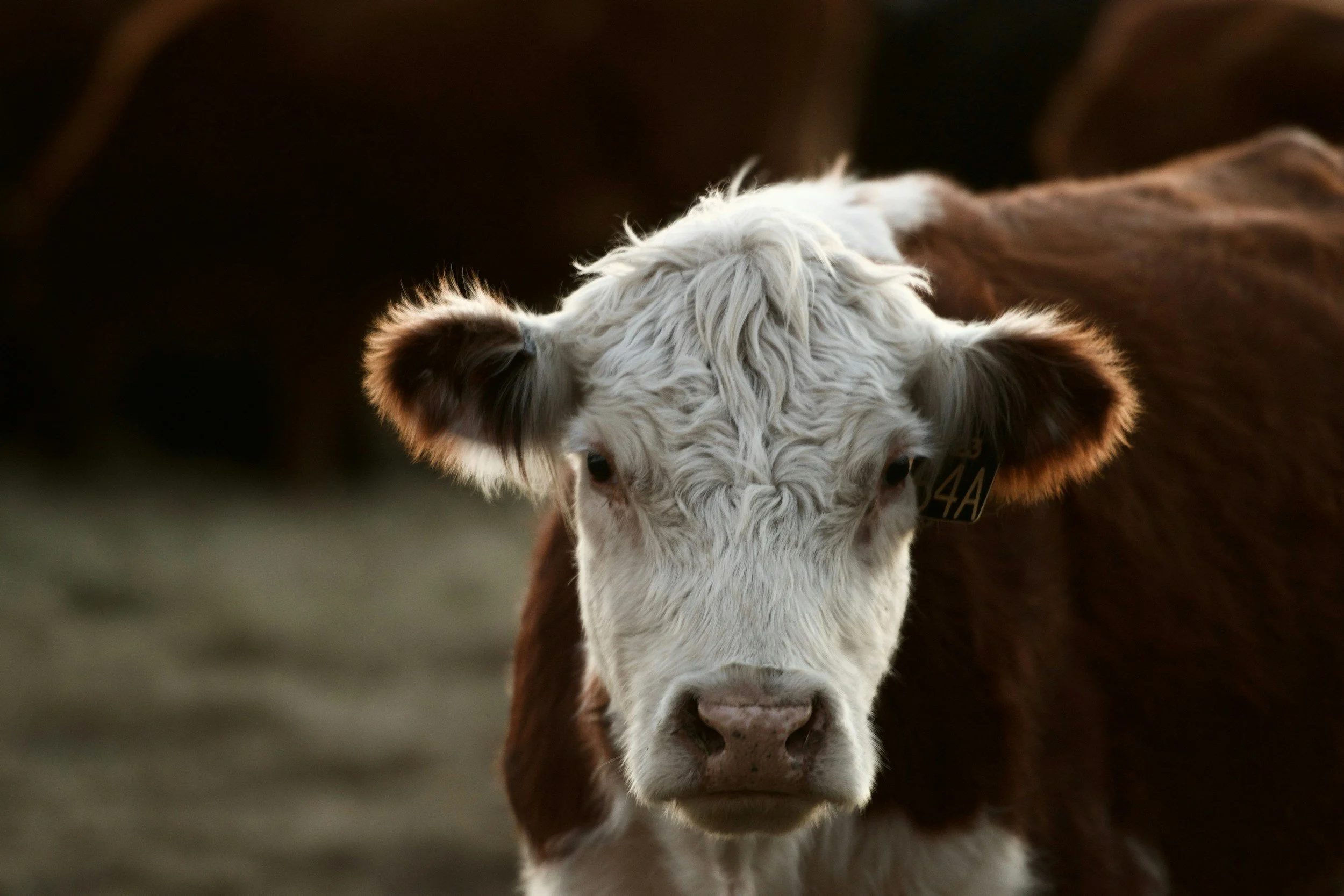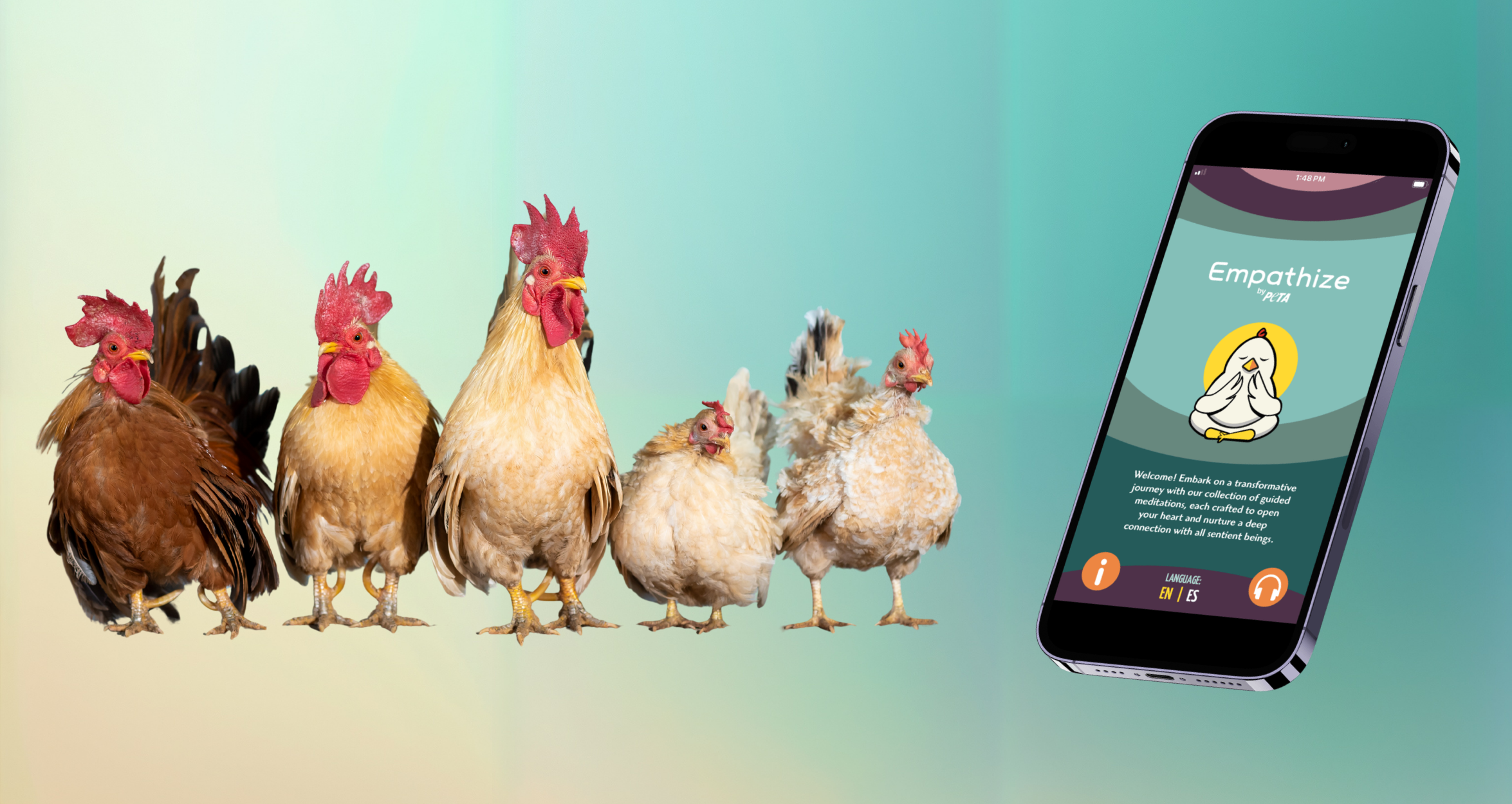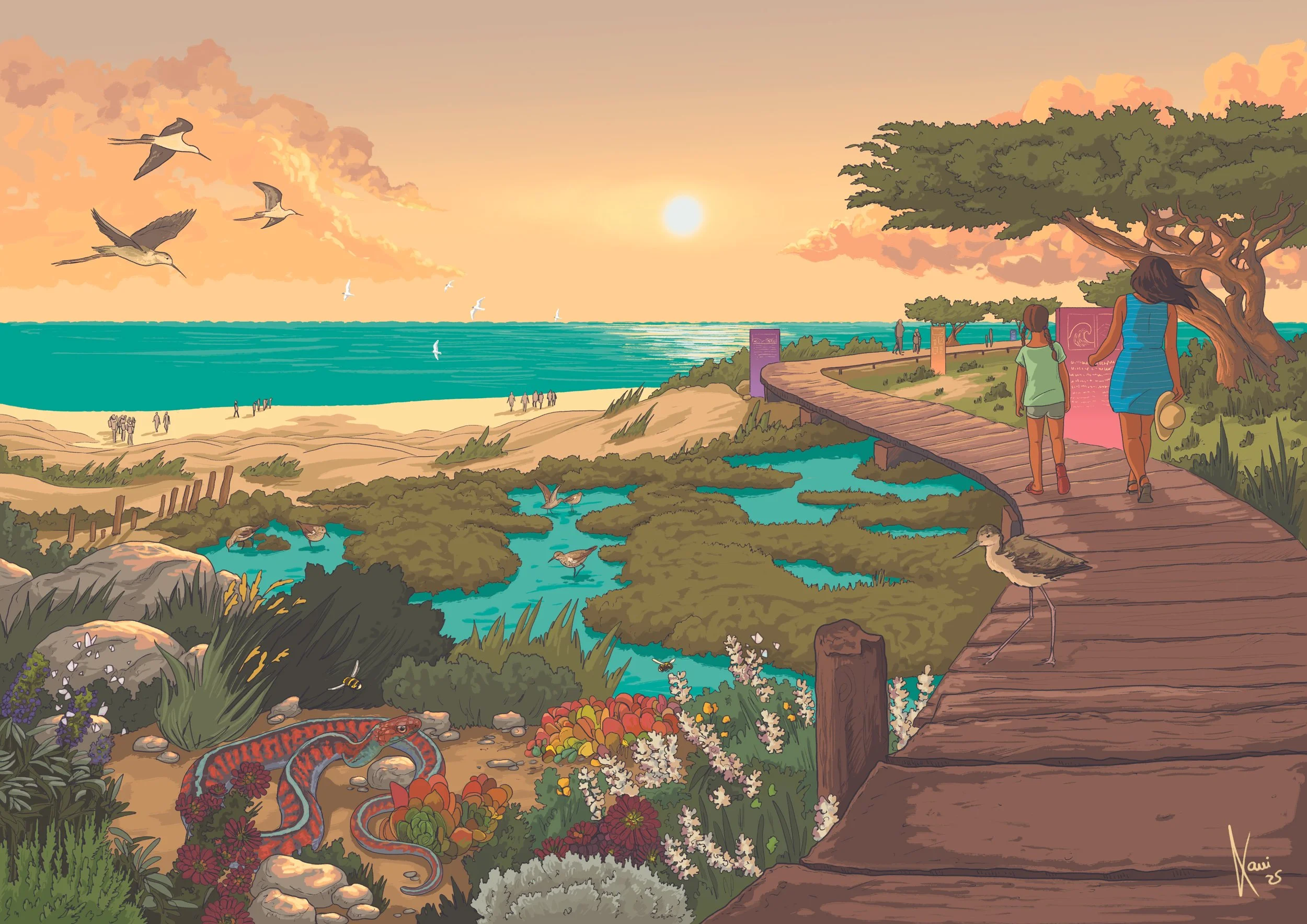Victory! Bill to Ban Octopus Farming in Washington Has Passed State Senate
The groundbreaking bill to prohibit octopus farming received a 29-20 vote in the Senate and now awaits the Governor’s signature within the next three weeks to become law.
A new bill that would ban octopus farming in Washington State has passed the state Senate and is now on Governor Jay Inslee’s desk waiting to be signed into law. The measure comes as a result of the seafood industry finding a method to viably farm octopuses, which has previously been impossible due to the animals’ complex needs.
House Bill 1153 successfully passed the Senate last week with a vote of 29 in favor of the legislation, whilst 20 opposed the motion. Once signed into law, Washington State will become the first in the world to ban the practice.
“Octopus farming leads to suffering and sickness for one of the more intelligent and feeling animals in our oceans,” said Rep. Peterson. “It can lead to huge environmental and ecological effects as well. Octopus farming is harmful to the animals and the environment and is unnecessary. It’s time to move on.”
The only known octopus farm in the United States, small-scale operation Kanaloa Octopus Farm in Hawaii, was permanently shut down in January. Operating under the guise of a tourist attraction and a research facility for the production of cephalopods, an expose revealed its intent to harvest octopus for “ink for food products, ornamental trade and meat for local restaurants."
“Octopus farming is harmful to the animals and the environment and is unnecessary. It’s time to move on.”
Washington State’s new legislation comes as Spanish corporation Nueva Pescanova continues to push forward with its plans to open the world’s first octopus factory farm in the Canary Islands.
The seafood industry has long grappled with the challenge of commercially breeding octopuses in captivity. Despite years of research, achieving success has proven difficult, with various obstacles such as establishing suitable tank conditions for these solitary hunters and ensuring a consistent supply of live prey for the larvae.
In 2019, Nueva Pescanova claimed that they had discovered a viable method of commercially farming octopuses in captivity and set plans in motion to open the world's first octopus factory farm. The plans drew widespread global criticism from animal welfare groups and marine experts, and a Species Unite petition speaking out against the farm has received over 50,000 signatures.
Octopuses are solitary and territorial beings, meaning there is concern that they may exhibit aggression and cannibalistic behavior when confined closely in captivity. According to Nueva Pescanova's internal documentation, a mortality rate of 10-15 percent is anticipated due to the farming conditions alone.
Leaked documents also brought to light Nueva Pescanova's plans to use ice slurry tanks to slaughter the animals. This method involves submerging the cephalopods in baths of ice flakes and water, gradually dropping the temperature to -3C, causing the animals to freeze to death. Representatives of the company have defended this method, claiming it is more humane that other alternatives such as clubbing.
Preventing Octopus Farming Before it Can Begin
After the realization that octopuses could potentially be farmed, advocates across the world have started rallying for preventive measures before the practice becomes widespread.
Washington State’s legislation is a significant success in these efforts to stop this species from being subjected to commercial farming. Advocates say it also sets a strong precedent for other states, including Hawaii and California, who have introduced similar bills to prohibit the farming and sale of certain species of octopus before it becomes established.
“This is a monumental win for octopuses and the future of ethical food production,” said Compassion in World Farming‘s Senior Research Manager, Dr. Elena Lara. “We applaud the State of Washington for taking this decisive step to protect these intelligent and sensitive creatures from the detrimental impacts of commercial farming and we look forward to it being confirmed in law very soon.”
“It shows the growing global support that exists for a ban on octopus farming. We will also continue to do everything we can to stop the plans to build the world’s first commercial octopus farm in Gran Canaria. Octopuses are sentient, intelligent creatures that feel pain, suffering and distress, just like other animals. They belong in our oceans, not in farms,” continued Dr. Elena Lara.
Species Unite and many other animal organizations are actively fighting to prevent the world’s first factory farm from opening its doors. Please add your name to our petition here.
We Have A Favor To Ask…
Species Unite amplifies well-researched solutions to some of the most abusive animal industries operating today.
At this crucial moment, with worldwide momentum for change building, it’s vital we share these animal-free solutions with the world - and we need your help.
We’re a nonprofit, and so to keep sharing these solutions, we’re relying on you - with your support, we can continue our essential work in growing a powerful community of animal advocates this year.





